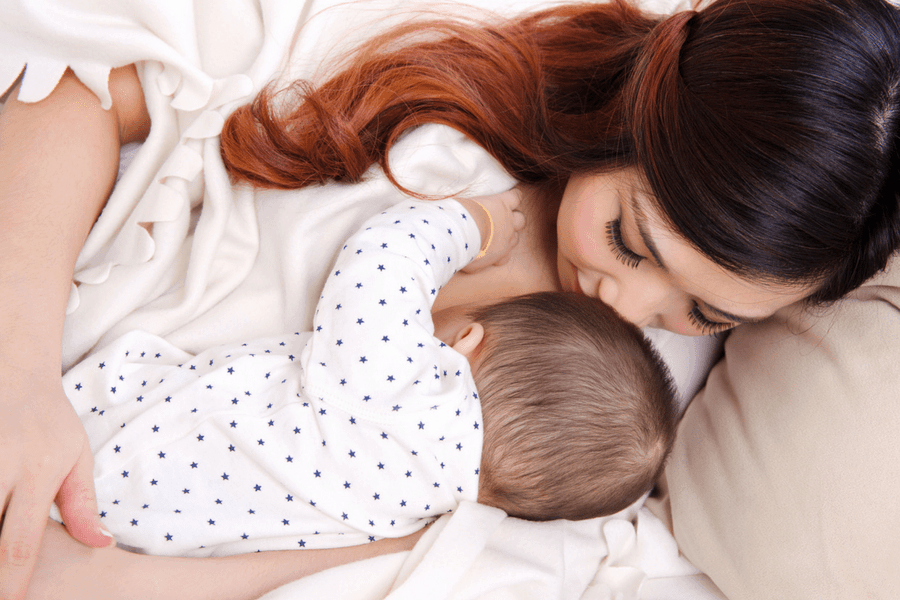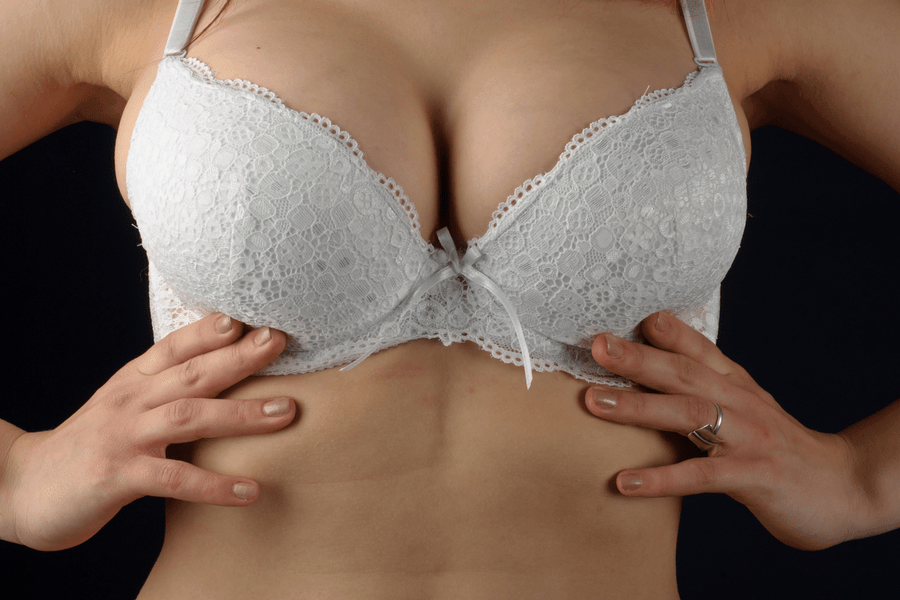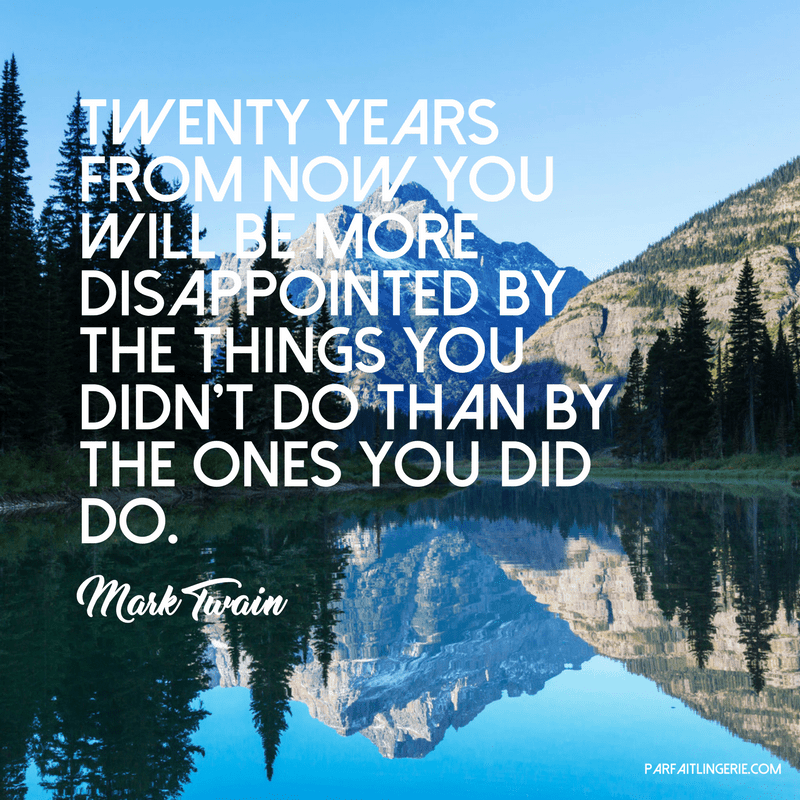In the aftermath of having a child, much of what happens next is a blur. There are nurse visits, sleepless nights, and a whole load of crying — both from you and your newborn. As time goes by, the days merge into one long, restless period. It’s hard to know which way is up, let alone deal with anyone but your baby.
It’s during this time, too, when people will start dishing out their unsolicited advice. You’ll soon learn that just about everyone out there in the big, wide world has an opinion on how you should look after and raise your child. Needless to say, one of the rhetorics that will be repeated time and time again is this: You absolutely must breastfeed.
A massive 81% of moms will breastfeed at some point, but as little as 22% will exclusively feed their child via breastfeeding for the first six months, according to CDC data.
Now, many publications have reported these stats in absolute horror. The undertone being that it’s every mother’s duty to breastfeed regardless of how they happen to feel about it.
And yet, while there’s no doubt that breastfeeding helps a newborn’s nutrition and health, recent research from Ohio State University found that the benefits of it could well be overstated.
The study’s authors went on to say that we should be ‘more realistic about what breastfeeding does and doesn’t do.’
So, why is it so many feel the need to push women into this method of feeding?
The shame factor in not breastfeeding
There’s a growing culture of shaming both inside and outside the new moms’ club, which is potentially damaging. You only have to type ‘breastfeeding’ into a Google search, and you get ream after ream of ranty blogs telling moms how this is essential to their child’s well-being.
Forums too are filled with advice from other mothers claiming the many benefits of breastfeeding make it crucial. The pressure is real. Of course, there are also helpful guides on how to breastfeed and useful sites with info about the potential benefits of this choice.
But ‘choice’ is the operative word here. Breastfeeding is and always should be seen as a choice for mothers, not the only way to go. There are many reasons that a woman may choose to breastfeed her child. But, equally, there are reasons that some women don’t want to go ahead with this activity. And, yes, they are perfectly valid.
Reasons women may not breastfeed:
Here’s something that we all need to accept: Breastfeeding is not for everyone.
It works for some people (and that’s awesome!) but not for others. With that in mind, here are some of the reasons that some women don’t wish to do it:
1. They are unable to initiate feeding.
Make no mistakes, not every baby out there will take to breastfeeding. This problem can be all too harrowing for new mothers, especially since they’ve been lead to believe that breastfeeding is the only option.
Often enough, a child will not start feeding no matter how much you hold them in the right position or show them where they should be. After seeking expert help and explaining the problem, you may conclude that this is not for your baby, and have to look at other options.
2. Their lifestyle doesn’t allow them to.
Mothers are busy people too. If your career or lifestyle means that you can’t breastfeed several times a day, that is not a problem. Pumping milk or even using a mixture of milk and formula could be the way forward for you.
There are, in fact, many ways to ensure that your child gets the nutrients it needs. What’s more, every case is different, which means that every mom gets to decide what works for her.
3. They are on medication or ill.
As you may already know, when you’re on medication or have certain illnesses, you simply cannot breastfeed your child. Doing so could be potentially dangerous for them and so is not advised. The seriously troubling thing about the way many shame those who don’t breastfeed is that they often don’t understand the situation.
4. They just don’t want to do it.
Finally, perhaps the hardest reason for people to understand, is this: Some women don’t want to breastfeed. Every woman has full jurisdiction over her body. What she says should always go. Period. So, if you or any other woman chooses not to breastfeed out of choice, that is entirely up to her.
The takeaway here is not by any means that you should or shouldn’t breastfeed. Both of these options are valid. Instead, it’s that you (and actually every mother out there) have a choice. It’s yours… and yours alone.






















